Description
A hit and run driver pinwheeled his daughter’s car into the waters of Tomales Bay and his life is turned upside down. Then the sheriff’s detective tells him he may have found the driver, a rich man who lives nearby. Fueled by his anger and an overwhelming desire for revenge, he plots ways to make his daughter’s killer suffer and die. Like the predatory egret, he stalks his victim, waiting for the right moment to strike. Drowning in the sea, rattlesnakes and crude bombs are parts of his obsessive pursuit, leading to the inevitable violence of what he imagines to be the final strike of the egret’s sharp beak.
Russell Hill is a three-time nominee for the Edgar Allen Poe prize. His books, Lucy Boomer and The Lord God Bird have been optioned for film, and his work has been translated into French, German and Polish. He lives in the San Francisco Bay area, is married, and has three grown children. He is an avid fly fisher and his book, The Search for Sheepheaven Trout has become a “cult classic” among fly fishers.
You can visit his writing at russellhillwriter.wordpress.
Other books by Russell Hill:
Letters from the Mines (poetry)
The Search for Sheepheaven Trout (essays)
The Heeler (short stories)
Novels:
The Edge of the Earth (originally titled Cold Creek Cash Store)
Lucy Boomer
The Lord God Bird
The Dog Sox
Deadly Negatives
Tom Hall and the Captain of All These Men of Death
Book and cover design by Lauren Grosskopf, Front cover painting by Timothy Goss

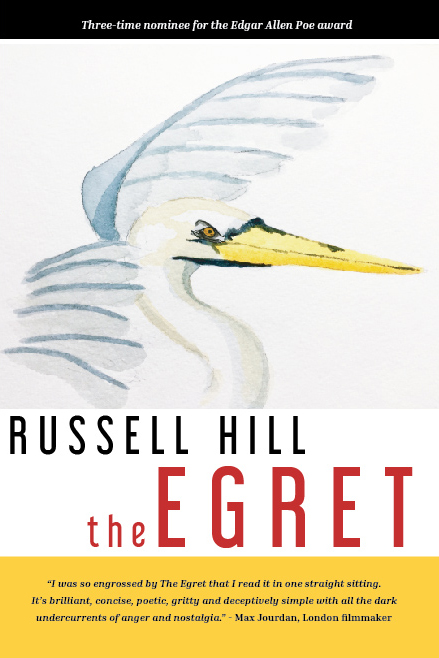



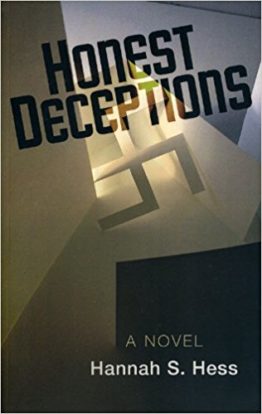
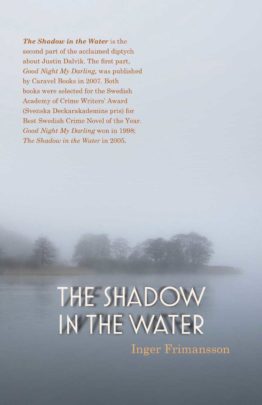
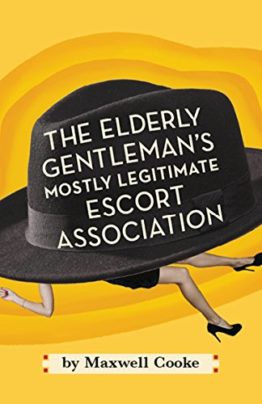
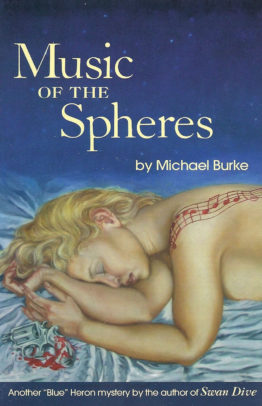
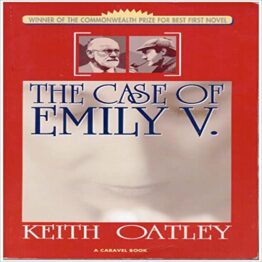
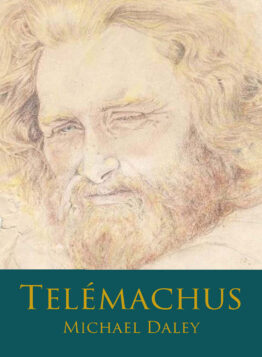
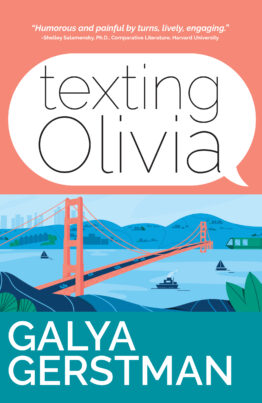

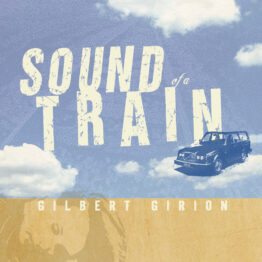
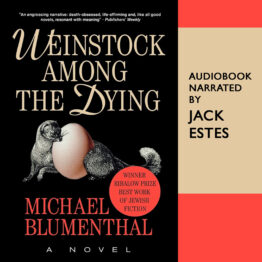
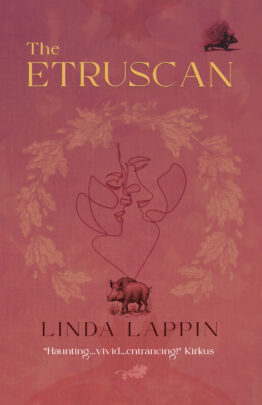
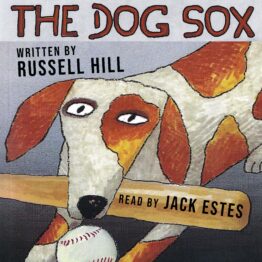
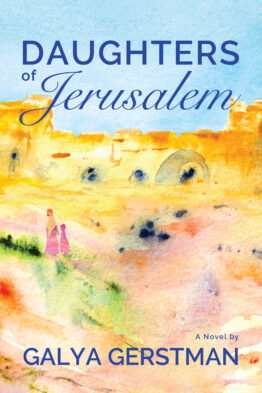
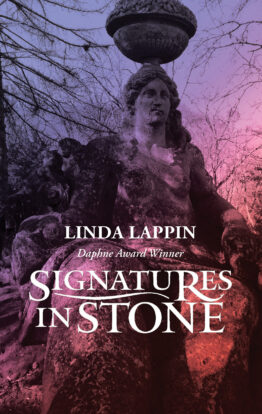
Ed Harkness –
In his novella, The Egret, science fiction writer turns to realistic—all too realistic—fiction. In this suspense tale, Hill writes in a lean, mean prose style that I associate with some of my favorite writers, including those household names of fame, Chandler and Hemingway. The Egret literally snatches the reader–me–like its first and central metaphor, the egret, described in the opening paragraph as patient, waiting in the shallows for just the right moment to snatch its minnow. By the end of the second chapter, I realized I was the happy minnow.
I also admire Hill’s use of a daring device–1st person POV, where it becomes ominously more and more clear the narrator, who has suffered what he believes is a terrible injustice, may not survive his obsession with revenge, that his elaborate plans to get even may end in ways he did not foresee.
I won’t give away too much here other than to say the 1st person device works as well in the film Sunset Boulevard, with its voice-over narrator spoken by a man floating lifelessly in a swimming pool. It also works in Randall Jarrell’s famous short poem, “The Death of the Ball Turret Gunner” (“…when I died they washed me out of the turret with a hose.”). And it works in The Egret.
As an earlier reviewer said, The Egret is a “page turner.” That’s almost an understatement.
Betty Webb, Mystery Scene magazine –
In Russell Hill’s The Egret, a grieving father wreaks vengeance on the hit-and-run driver who caused his daughter to die. This father, never named in the book, begins stalking the uber-rich and conscienceless Earl Anthony Winslow. As the tension escalates, so do the attempts on Winslow’s life, moving up from a gunshot to a poisonous snake bite to a Molotov cocktail and even to a hastily assembled IED. Although the book is deadly serious, this escalation of violence is faintly reminiscent of Wile E Coyote’s constant attempts to kill the Road Runner. Winslow somehow survives everything the grieving father throws at him, although several bystanders aren’t as fortunate. The father sees himself as an egret: patient, and deadly. Finally confronting his daughter’s killer, he says, “There’s a bird that is a stalker. It moves silently and when it finds the thing it wants to eat, it remains motionless until the thing is right where it wants it and then it strikes. Right now I have you right where l want you.” It isn’t the final act of revenge itself that makes this 161 page novella so fascinating, it’s the look deep inside the mind and soul of a man who compares himself to a bird. Author Russell Hill likes birds. He is best known for the magical realism of The Lord God Bird, in which two teens taking refuge in the Great Dismal Swamp encounter a bird long thought to be extinct. In that book, Hill visualized the ivory-billed woodpecker as ecology’s bellwether: learn or die. In this deftly handled novel, an egret delivers a lesson on how to kill.